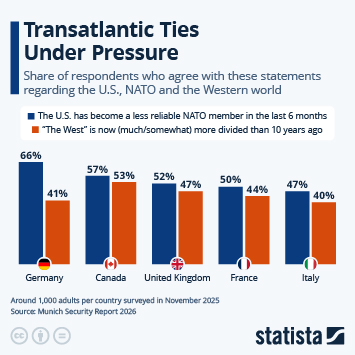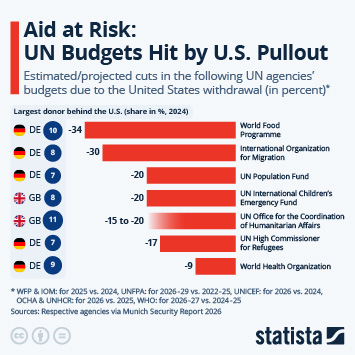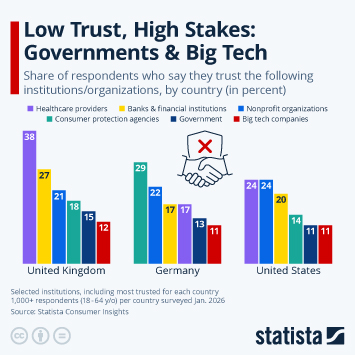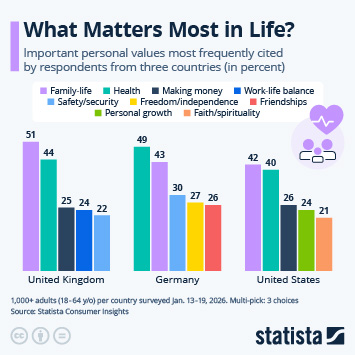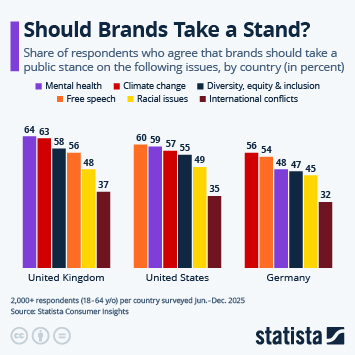U.S. workers are less likely to relocate for work now than they were two decades ago, due to changing family structures and a tighter job market. The number of U.S. workers relocating for work has dropped by 22 percent over the first part of this century.
The structure of the American family is less rigid than it once was. Both spouses are more involved with child care and working outside of the home. With the increase of two income households, uprooting for just one person in a family often means going from a two-income household to a one-income household for a period of time. This major factor coupled with depressed home values and a tight job market for employers, means the upside of moving for career advancement often does not outweigh the other factors workers consider when relocating.
Americans Less Likely to Move for Career Advancement
Worker Mobility

Description
This chart shows the number of Americans relocating for work from 2000-2017, along with top reasons for not relocating.








